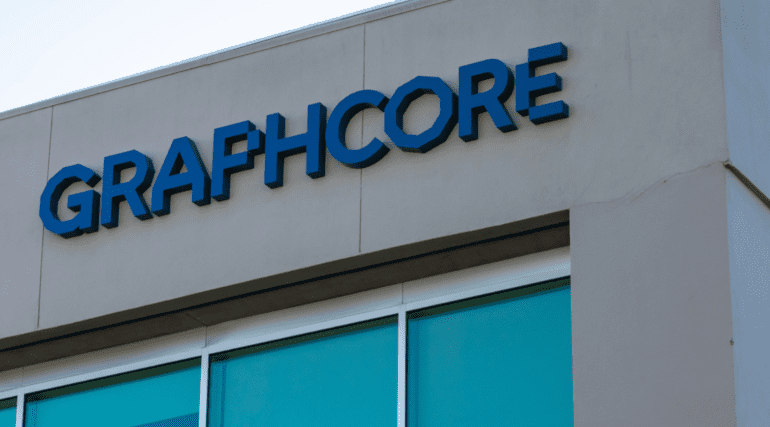TL;DR:
- UK government invests £900 million in an exascale supercomputer project, potentially benefitting AI hardware companies.
- Graphcore, valued at $2.5 billion, aims to challenge Nvidia’s AI hardware dominance.
- CEO Nigel Toon seeks government funding for British chipmakers, but the plea remains unanswered.
- Graphcore faces a funding crisis and a looming May deadline to remain viable.
- The company’s unique technology, Intelligence Processing Units (IPUs), may have posed adoption challenges.
- UK government’s AI initiatives receive criticism for overlooking local companies.
- Graphcore’s involvement in a supercomputer project could have boosted its visibility.
Main AI News:
In the ever-evolving landscape of artificial intelligence (AI), the United Kingdom has been striving to secure its position as a global contender. The recent announcement of a £900 million ($1.1 billion) investment in an exascale supercomputer to be based in Bristol and named after the renowned engineer Isambard Kingdom Brunel, was seen as a pivotal move. It was anticipated to offer a significant boost to UK-based AI hardware companies like Graphcore, valued at $2.5 billion after its last funding round in 2020. Graphcore aimed to challenge the dominance of US giant Nvidia in the AI hardware market, especially as AI’s importance transcends commerce and enters the realm of geopolitics.
In a strategic maneuver, Graphcore’s CEO, Nigel Toon, made a compelling plea to the government, urging a portion of the exascale project’s funding to be directed towards British chipmakers, including his own company. However, this plea failed to yield the desired results, leaving Graphcore in a challenging predicament. Despite early hype surrounding its products, the company struggled to convert potential into tangible sales.
Recent financial filings by Graphcore have revealed a pressing need for fresh funding. The clock is ticking, with a May deadline next year looming ominously. If Graphcore cannot secure the necessary funding by then, the company faces the ominous specter of “material uncertainty” regarding its ongoing viability, as losses continue to mount.
The story of Graphcore, founded in 2016 by Toon and Simon Knowles after selling their previous hardware company to Nvidia, is a tale of ambition and innovation. The company’s mission was to usher in the next era of chip technology, with a focus on Intelligence Processing Units (IPUs) instead of the ubiquitous Graphics Processing Units (GPUs). The claim was that IPUs were better suited to the unique demands of AI, unlike GPUs originally designed for image processing.
However, the transition from the well-established Nvidia-dominated GPU ecosystem to Graphcore’s IPUs has proven to be a formidable challenge. Jakub Zavrel, CEO of research company Zeta Alpha, highlights this issue, suggesting that Graphcore might have struggled because of the significant technological divergence from the familiar Nvidia GPUs.
The UK government’s fervent commitment to AI advancement could have been a lifeline for Graphcore, enabling large-scale deals and unparalleled visibility. Prime Minister Rishi Sunak’s vision of transforming the UK into a “technology superpower” and “the next Silicon Valley” was accompanied by substantial investments in the domestic semiconductor industry, including a reserve of chips. Despite these endeavors, some corners of the UK tech industry have criticized the government for neglecting local companies and focusing on future risks rather than immediate opportunities.
Conclusion:
Graphcore’s struggle to secure funding and market adoption highlights the challenges faced by innovative AI hardware companies in the UK. While the government’s commitment to AI is commendable, the lack of support for local companies and the hurdles of technology adoption pose significant obstacles. The fate of Graphcore serves as a cautionary tale for the broader AI hardware market, emphasizing the importance of strategic partnerships and market adaptation in a rapidly evolving industry.

